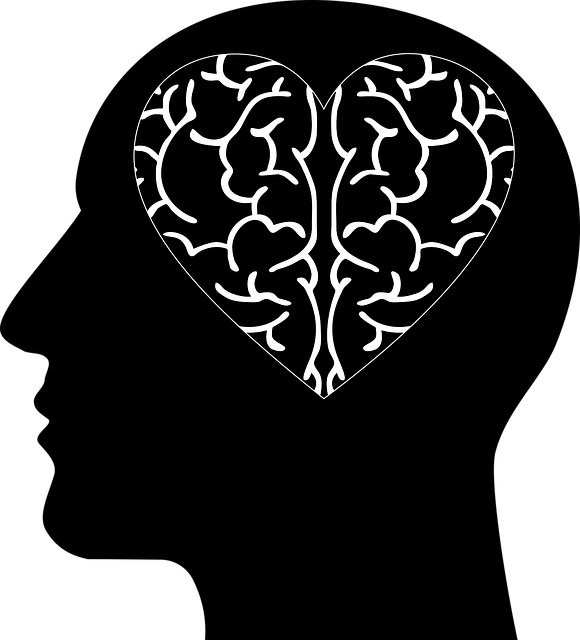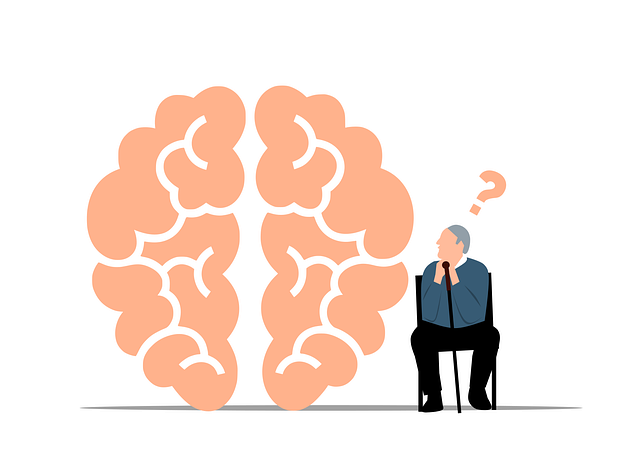In a fast-paced world, adolescent teens face unique mental health challenges due to academic pressures, peer relationships, and identity formation. Confidential mental health hotline services provide immediate support and safe spaces for teens to express struggles without judgment. Specialized therapies like Somatic Experiencing (SET), focusing on the mind-body connection, offer life-saving healing and emotional well-being strategies. Integrated crisis interventions including SET, Social Skills Training, stigma reduction, and wellness journaling foster long-term mental health and resilience in teens. Accessing these resources is crucial for adolescents, as stigma and lack of awareness often prevent them from seeking help, emphasizing the need for society-wide advocacy for improved mental health policies and affordable services.
In today’s fast-paced world, mental health crisis hotline support services play a vital role in assisting individuals navigating tumultuous emotions. This article delves into the critical need for these hotlines, focusing on adolescents and unique therapeutic approaches like Somatic Experiencing Therapy (SET). We explore how effective crisis support is implemented and discuss strategies to enhance access to resources, ensuring that young people receive the necessary care, especially through SET, tailored for their specific needs.
- Understanding the Need for Crisis Hotlines
- Targeting Adolescent Teens: A Unique Perspective
- Somatic Experiencing Therapy: A Powerful Tool
- How Hotline Services Implement Effective Support
- Accessing Resources: Breaking Down Barriers to Care
Understanding the Need for Crisis Hotlines

In today’s fast-paced world, mental health crises can arise unexpectedly, impacting individuals across all demographics, but adolescents and teens are particularly vulnerable. This demographic often faces unique challenges such as academic pressures, peer relationships, and the pressure to succeed – issues that can contribute to heightened anxiety, depression, and even suicidal ideation. Therefore, there’s a pressing need for accessible, confidential support services tailored to meet their specific needs. Mental health crisis hotline support services play a crucial role in providing immediate assistance, offering a safe space for teens to express their struggles without fear of judgment.
These hotlines serve as lifelines, offering not just short-term relief but also guiding adolescents towards long-term solutions. By training counselors in techniques like Somatic Experiencing, which aids in resolving trauma and stress responses, hotlines can provide specialized therapy tailored for this age group. Moreover, they contribute to broader mental health policy analysis and advocacy by highlighting the prevalence of teen crises, pushing for improved access to care, and ensuring that resources are allocated effectively to address burnout prevention among adolescents – a key aspect of overall well-being.
Targeting Adolescent Teens: A Unique Perspective

Targeting adolescent teens with mental health crises presents a unique opportunity to intervene and support vulnerable young individuals. This demographic often faces challenges distinct from adults, such as navigating peer pressures, academic stressors, and identity formation. Specialized services tailored for teens can offer life-saving interventions using therapeutic approaches like Somatic Experiencing, which focuses on the mind-body connection and has proven effective in treating trauma.
Integrating support mechanisms like Social Skills Training, Mental Illness Stigma Reduction Efforts, and even Mental Wellness Journaling Exercise Guidance can holistically address the complex needs of teens. These strategies not only provide immediate crisis intervention but also foster long-term mental wellness by equipping teens with coping mechanisms, reducing societal barriers, and encouraging self-reflection through journaling exercises.
Somatic Experiencing Therapy: A Powerful Tool

Somatic Experiencing Therapy (SET) has emerged as a powerful tool in addressing mental health crises, particularly among adolescent teens. This therapy focuses on the mind-body connection, recognizing that emotional trauma often manifests physically. By helping individuals become aware of and process stored bodily sensations and responses to stress or traumatic events, SET facilitates a profound healing process.
For teen clients, SET offers a unique approach to promote emotional well-being and prevent burnout, especially in healthcare providers who may themselves be at risk due to high-stress environments. The techniques employed encourage self-care practices and provide effective burnout prevention strategies. Through this therapy, adolescents can learn to regulate their emotions, gain tools for coping with challenging situations, and develop a deeper understanding of their bodies’ signals, thereby fostering resilience and overall mental health.
How Hotline Services Implement Effective Support

Hotline services play a vital role in providing immediate and accessible support for individuals facing mental health crises. They offer a safe space for people to express their emotions, fears, and challenges without judgment. Trained counselors on these hotlines employ various effective strategies to aid users. One such method is Somatic Experiencing, a therapy technique that helps individuals process traumatic memories and release held tension, fostering a sense of calm and resilience.
By combining this with evidence-based practices like Social Skills Training and Self-Esteem Improvement programs, hotline services can offer comprehensive support. Mental Health Awareness is at the core of these initiatives, aiming to destigmatize conversations around mental health while equipping individuals with tools for self-care and coping mechanisms. This multi-faceted approach ensures that users receive holistic care tailored to their unique needs during their time of crisis.
Accessing Resources: Breaking Down Barriers to Care

Accessing resources for mental health crisis support is a vital step towards ensuring adolescents and teens receive the care they need. Many barriers exist that can prevent young individuals from seeking help, including stigma, lack of awareness, and financial constraints. These obstacles are particularly significant in communities where mental health services might be limited or out of reach.
One effective approach to overcoming these barriers is through innovative programs like Somatic Experiencing therapy, which focuses on emotional regulation techniques that promote self-awareness exercises. Such therapeutic methods can make mental health care more accessible and appealing to teens who may not traditionally seek traditional talk therapy. Additionally, advocacy for improved mental health policy and increased access to affordable services plays a crucial role in breaking down barriers at the societal level, ensuring all adolescents have equal opportunities to access vital support.
Mental health crisis hotline support services play a pivotal role in addressing the urgent needs of individuals grappling with emotional distress. By offering accessible and confidential resources, these hotlines bridge the gap between immediate aid and long-term healing. Incorporating innovative approaches like Somatic Experiencing Therapy, tailored for adolescent teens, underscores their commitment to effective support. Breaking down barriers to care through enhanced accessibility ensures that those in crisis can find solace and guidance, ultimately fostering a healthier and more resilient community.














